How The Information Telephone Number 211 Was Instrumental in Saving a Local Man’s Life
Story by Matthew St. Amand
Photography Courtesy of Ontario 211 Services
When Robert sat on the living room couch and didn’t move for several hours, his wife Carol knew something was wrong. It was January 2021, and Robert was just home following open heart surgery. The surgery had gone well, but his discomfort now that he was home worsened. He needed to urinate, but could not, and was immobilized by crippling back pain. Carol telephoned their general practitioner and put Robert on the line to speak to him.
“You need to go to the hospital,” the GP said. “You need to call 911.”
“OK, I understand, thank you,” Robert said.
When he handed the phone back to Carol, he said: “I’m not going to the hospital for a sore back. Not during a pandemic.”
At her wits’ end, Carol ran a search online: “I need help, I have someone in severe pain.”
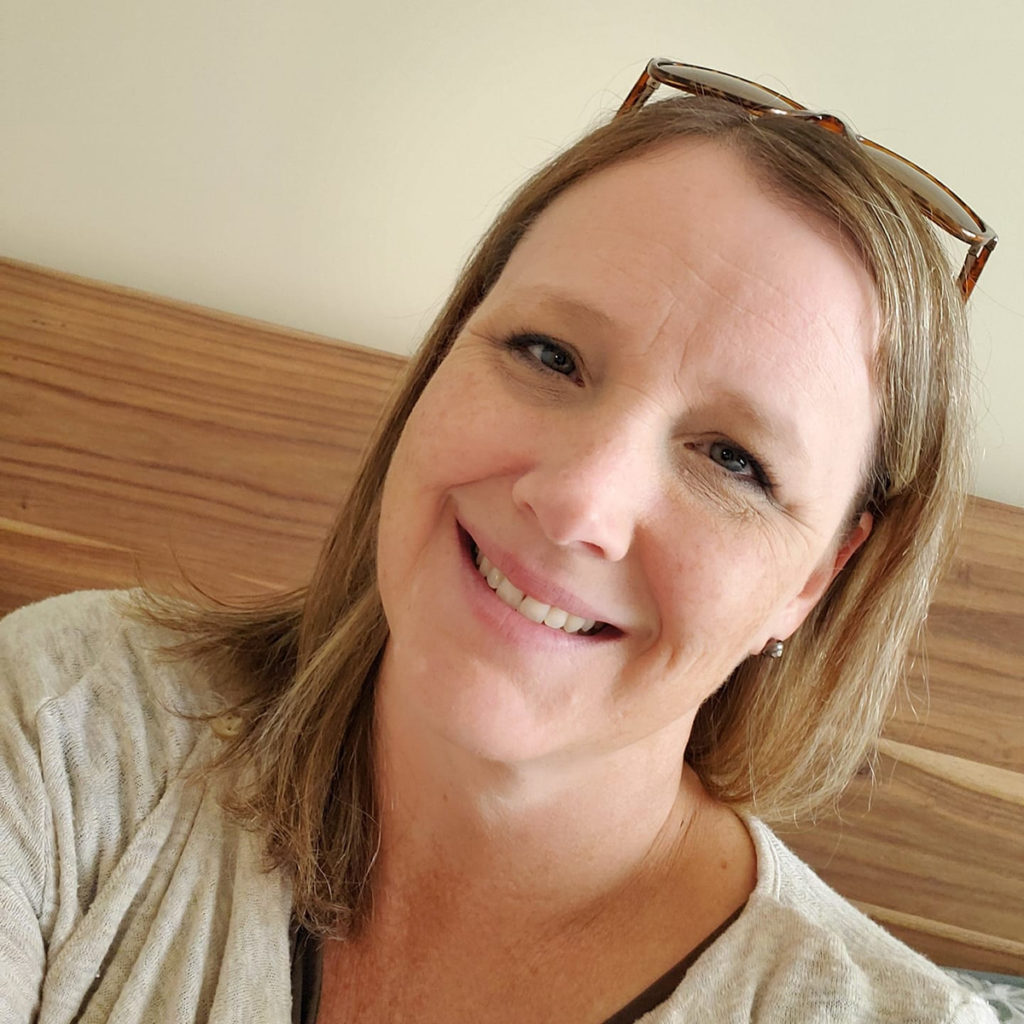
Among the top search results was 211. Carol dialed the number. Following a brief recorded message, an actual person came on the line. The 211 Community Navigator asked a few questions to understand the situation. Carol was quickly put through to a medical practitioner who had some more questions. Once that person understood what was happening, she said: “Either you’re going to call 911, or I will. This is not a question, it’s a demand.”
Information telephone number 211 has existed since the 1970s in the United States and started as a pilot project in Toronto in 2002. It rolled out across the province of Ontario and the rest of Canada since that time. The motto of Ontario 211 Services is “Life can be hard. Getting answers can be easy.”
Who should call 211?
“Anybody,” says Rose Fioret CRS-DC, 211 Support Analyst based in Windsor. “The whole purpose is to have an easy three-digit number available 24/7, mainly for community, social and local government information. Callers could be anyone looking for a number for an ambulance, crisis service or government service.”
She continues: “We have highly trained accredited Community Navigators taking the calls. They do an assessment and then guide the caller in the right direction using our database.”
“Callers might be seeking information about Alzheimer’s programs, or respite programs,” says Karen Milligan, Executive Director of Ontario 211 Services. “The requests for information are not specific to any particular income level or demographic. The calls cross those boundaries. Many of the programs we refer people to are delivered by small, non-profit organizations that do not have the budget to promote their services, so callers wouldn’t learn about them otherwise.”
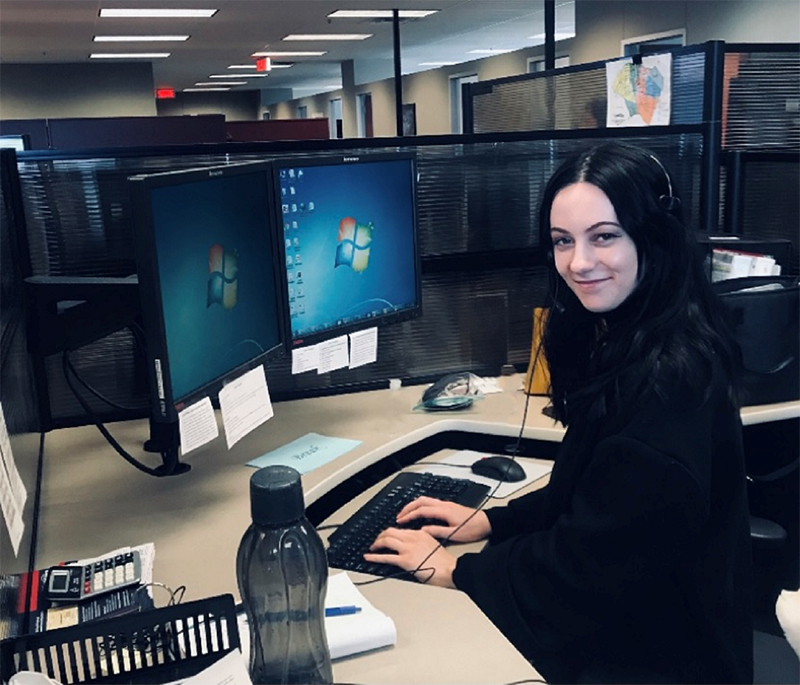
Ontario 211 Services handles approximately 300,000 calls a year across the province. It provides information from more than 56,000 services and agencies across Ontario and the service is available in more than 150 languages. Communications via text message or online chat are also available for people who prefer those modes of contact.
Callers are not asked to provide personal information. According to the Ontario 211 Services website: “When an individual contacts 211, we collect anonymized data about where they are located and what their needs are, service availability gaps and barriers. By sharing that information with others, we can help to inform policy and funding decisions.”
The 211 Community Navigators ask for the caller’s postal code in order to recommend services and solutions that are as geographically close to the caller as possible. From there, questions asked by 211 personnel are for them to understand the purpose of the call so they can provide the best referral.
“We have caring, skilled people answering our calls,” Rose says. “They are amazing people and they are accredited through Inform USA (formerly AIRS). A unique part of our service is that we do follow-up calls, often for vulnerable callers, just to make sure our referrals are actually helping people, or to find if there are inaccuracies in our database, or a service has run out of funds.”
In 2023, according to Ontario 211 Services, the Top Five Needs in Essex County were: Consumer Services, Health, Housing, Information Services and Legal/Public Safety.
The Top Five Unmet Needs in Essex County in 2023 were: Health, Housing, Income Support/Financial Assistance, Individual/Family Services and Legal/Public Safety.
These lists are reviewed by decision makers and sometimes lead to the creation of new programs. For instance, a few years ago, calls from low-income seniors in need of dental care had to be categorized as an unmet need. The aggregate data collected by 211 can serve as a valuable source for stakeholders in deciding to implement a program such as dental care for seniors, for which there are now programs.
And sometimes the voice of 211 is there to say: “Either you’re going to call 911, or I will…”
The 211 medical practitioner called 911 for Robert. Although the pandemic was in full thrall, the ambulance arrived very quickly—later, Robert wondered if 211 had some influence over that. The looks on the faces of the EMTs as they evaluated Robert told him his situation was more dire than he first thought. They rushed him to the hospital, taking the back roads so the ride was less bumpy for him. Once there, it was determined Robert had an internal bleed due to post surgery complication with his blood-thinning medication. The excruciating pain in his back was the result of accumulated blood pooling in that area. There was so much blood, it pressed against his urinary tract rendering him unable to urinate.
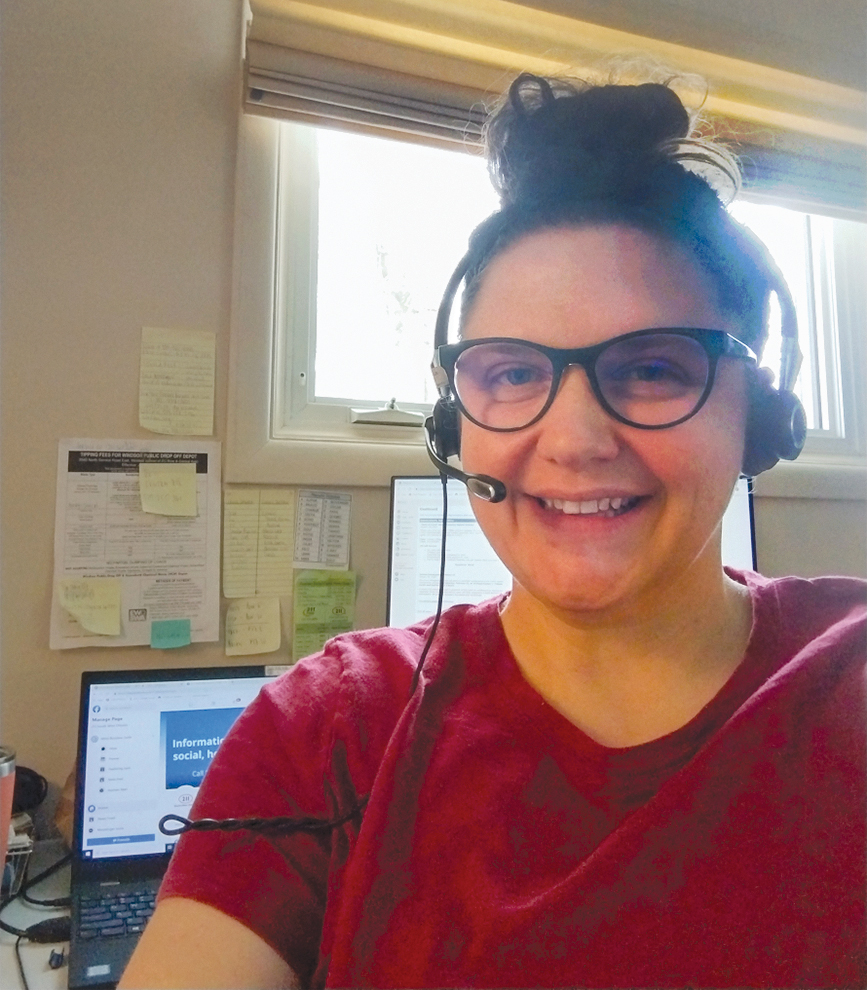
“Without 211, and without the operator being so emphatic about us calling 911, I might not have made it through the night,” Robert says. “It was close. It didn’t seem so at the time, but I was in a lot of trouble. Once at the hospital, I had doctors, various specialists looking at me because the blood loss and build-up had caused so many problems. If it weren’t for 211, I would have died. It’s unquestionable.”
“We’re a human service,” Rose says.
“Our navigators are skilled at asking probing questions to get a handle on the caller’s unique situation,” Karen adds. “With some programs, there are eligibility rules, so we need to ask questions to understand if the caller qualifies. It’s all about making the best referral.”
In Ontario, the service is managed by Ontario 211 Services, a non-profit agency that provides strategic direction and oversight. A voluntary Board of Directors govern Ontario 211 Services. It receives funding from the provincial government, various municipal governments and the United Way.
“People who call 211 need help and don’t know where to begin,” Karen says. “There are lots of opportunities, wonderful programs out there to support people. If you don’t know about them, you cannot access them. Awareness is necessary. We are here to guide people to the solutions they need.”
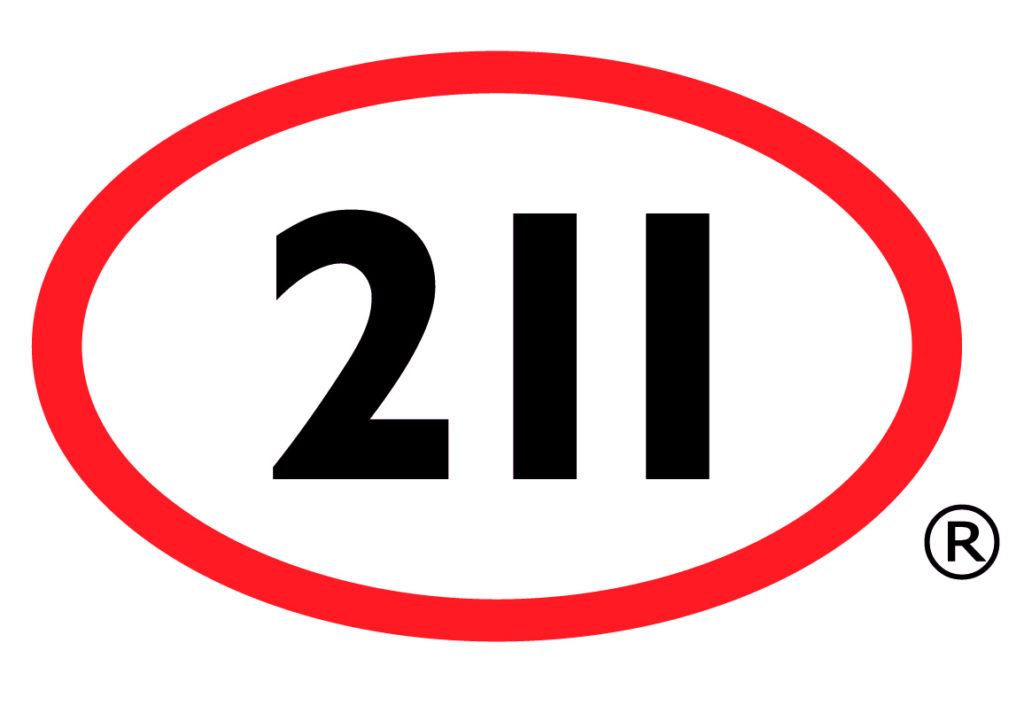
For more information about Ontario 211Services, call or text 211, or visit them online at www.211southwest.ca.


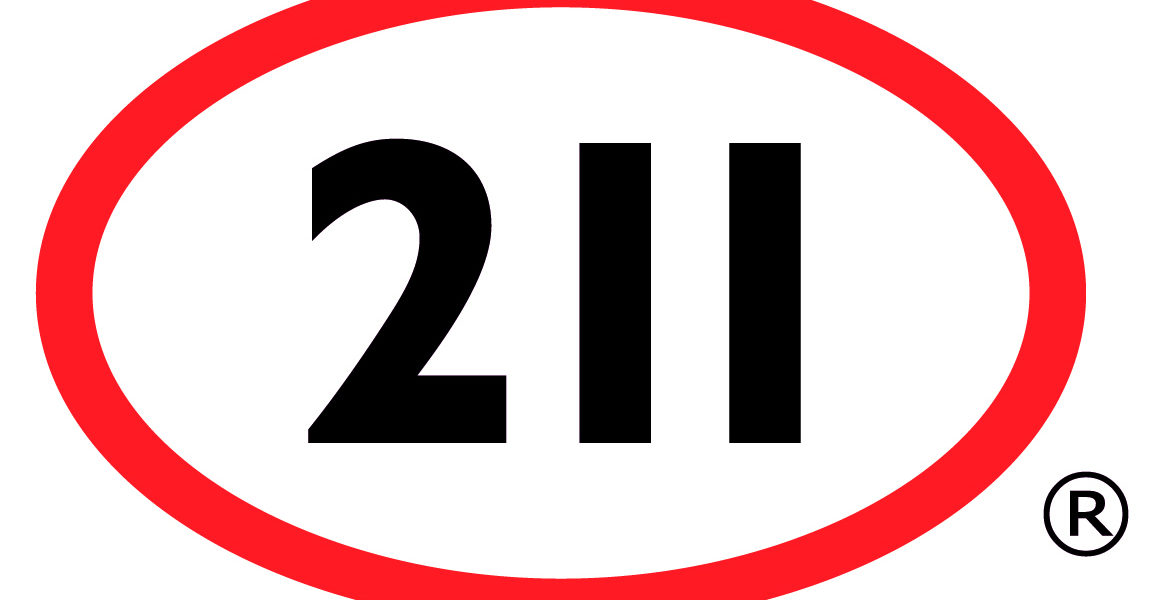

Add comment